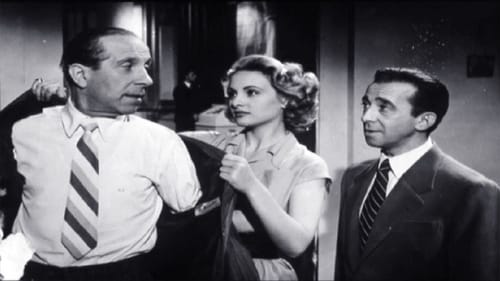Abel Escoto
Nacimiento : 1919-08-07, Águeda, Portugal
Muerte : 2014-10-03

Director of Photography

Director of Photography

Director of Photography
Julião is a young farm worker who, one day, contracts leprosy. Overnight, the good mountaineers that were so friendly with him refuse to see him again, and he must be by himself in the far woods. Bathing in olive oil, as suggested by an old woman, proves ineffective. Now, he becomes violent, expressing his anguish against those who expelled him from the village. Production date is 1975. Had its first major public release in 2009, at MotelX, Lisbon's International Horror Film Festival in the section "Lost Room". The movie was suggested to the MotelX production by the portuguese director António Macedo who knew about the existence of this and other portuguese movies about popular legends and myths of the portuguese imaginary. The movie was archived and conserved by the portuguese Cinematheque.

Director of Photography
“I think my film represents above all the proof to those who want to understand and accept it, that poetry can’t be filmed, that it is useless to try” - João César Monteiro

Director of Photography

Director of Photography
The life and work of the painter Resende. An encounter with social themes and subjects portrayed in the painter's work.

Director of Photography
Documentary about the sculptor António Duarte

Cinematography

Director of Photography
João and Jaime work as taxi drivers for the same company. But, once the company's vault is robbed by Raul, the manager's son, João is the one to blame.

Director of Photography
After two years of fighting in Angola, Ilídio returns to the village where Mary, whom he considered his bride, is indifferent. She is convinced that she has a religious calling.

Cinematography
António, a factory worker of immense musical talent, is discovered by a business man who launches him as a singer. Nevertheless, this changes the man's life for better and for worst.

Cinematography
Professor Hermes conducts a research on fear, for which he passes contract with a patient to live a supposedly empty mansion. He's counting on his assistant Chico Mota to play a phantom, but soon comes about that there are phantoms (plural) in there.

Director of Photography
The life of Fernando Farinha, from kid where he ran away to school - to sing the fado, and the condescension of the parents, although aspiring to have an "honest" job.

Director of Photography
João Barbela is poor man who lives out of charity - what coins the people of Lisbon's popular districts give him as 'pay' for his puppeteering work. For the kids, he is like a king, Dom Roberto = puppet). When he meets Maria, an equally poor girl, he fancies to change her life, and get her a house, maybe marrying, and being happy together.Life does not exactly have a happy ending, like he managed with his puppets 5-minute plays...

Director of Photography
The production and the economic and social relevance of electric cables, may be watched as abstract art to the tunes of jazz.

Camera Operator
Eduardo, the son of the wealthy farmer Jerónimo de Vinhais, falls in love and departs for Lisbon with the fado singer Maria da Graça, after studying abroad, and refusing his father "too" to be a taurenic knight.

Camera Operator
Rosa Maria, whose father is a sailor, was picked up by Tomé, having a child of her son Renato, who is expelled from home.

Cinematography
A typesetter is an amateur stage director, and his niece and an employee are stage actors. When they have an opportunity to go professional, differences arise between the two men. Things get worse when the employee starts seeing the girl even when there is no need for rehearsals - and the uncle opposes their relationship.

Camera Operator
To get away from the boredom of the city, Henrique de Souzelas visits his aunt Doroteia, in a picturesque village in the North, where he becomes attracted to his young, beautiful cousin Madalena.












